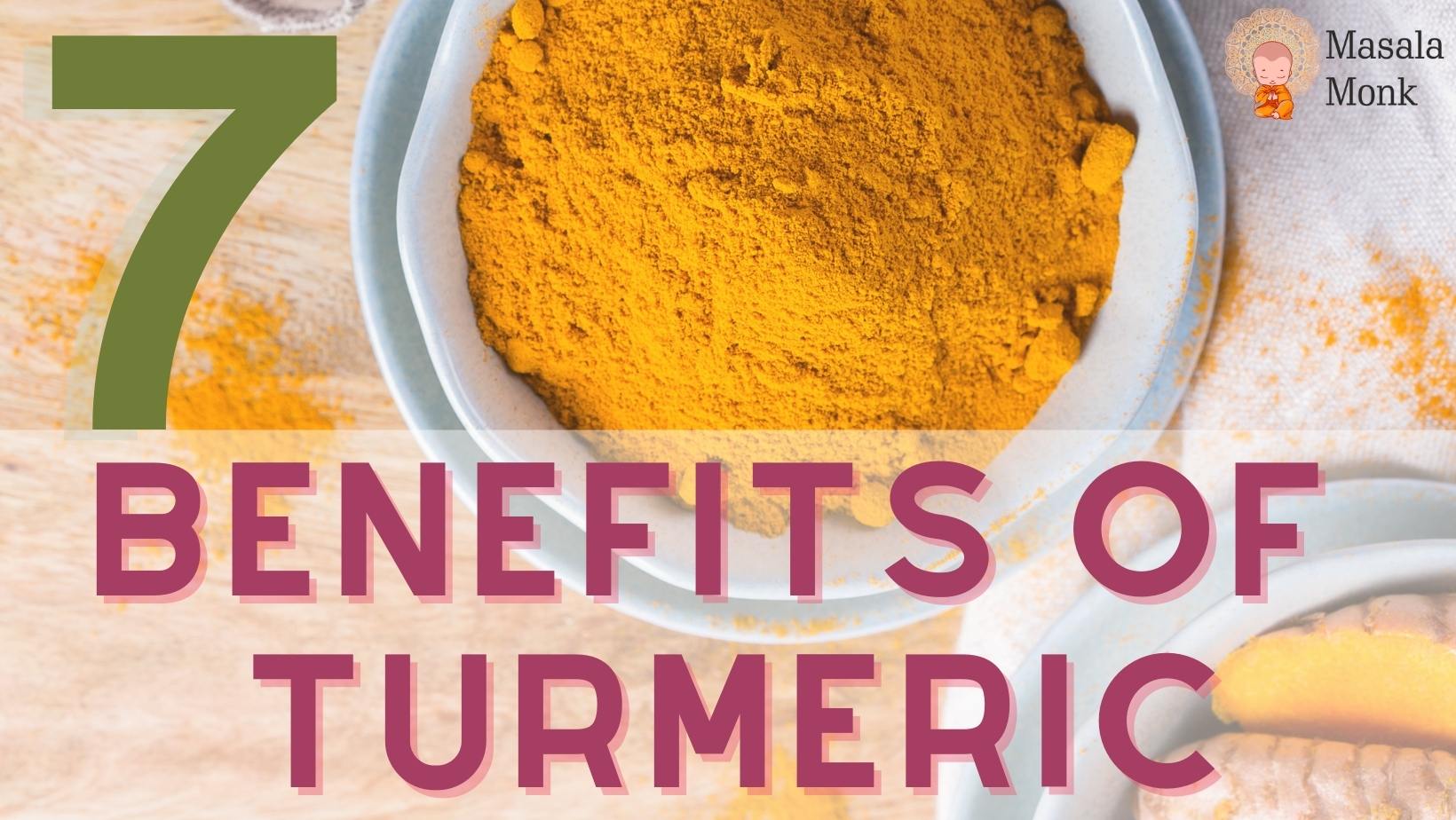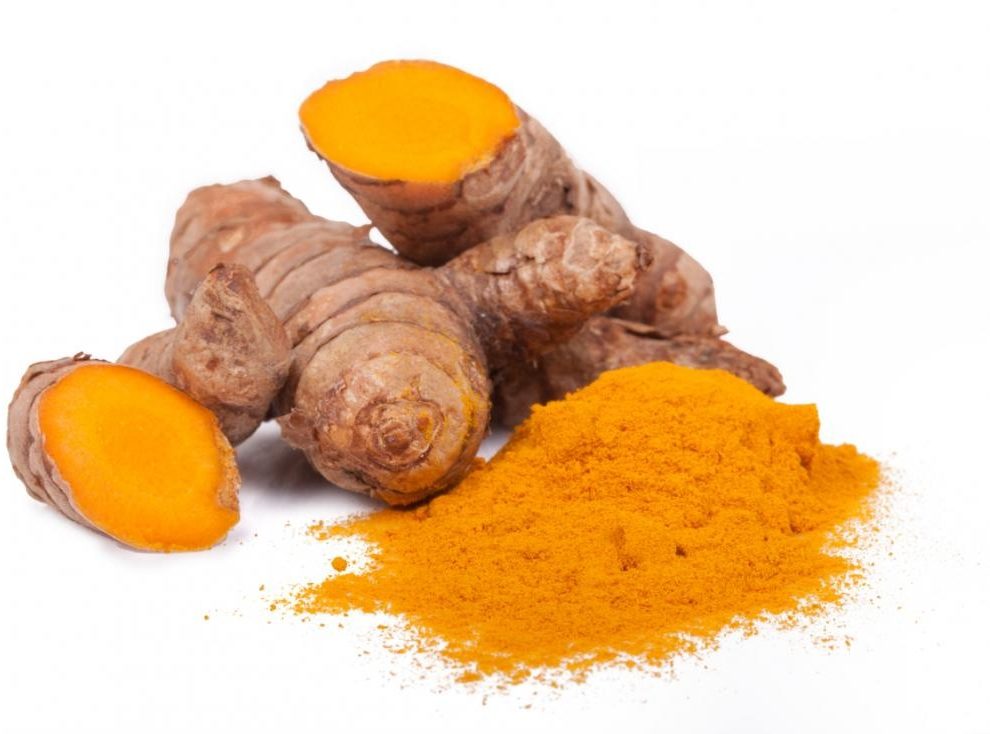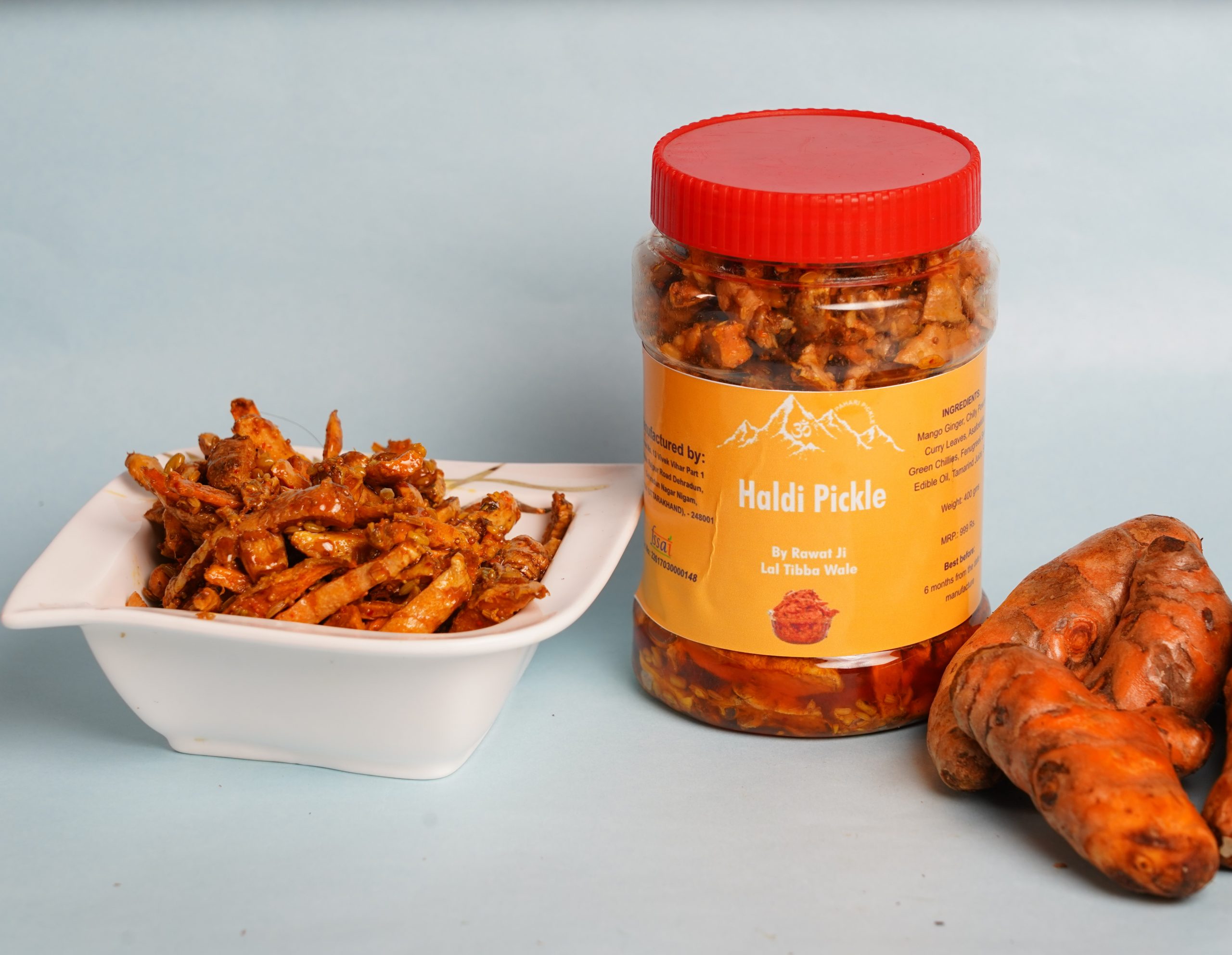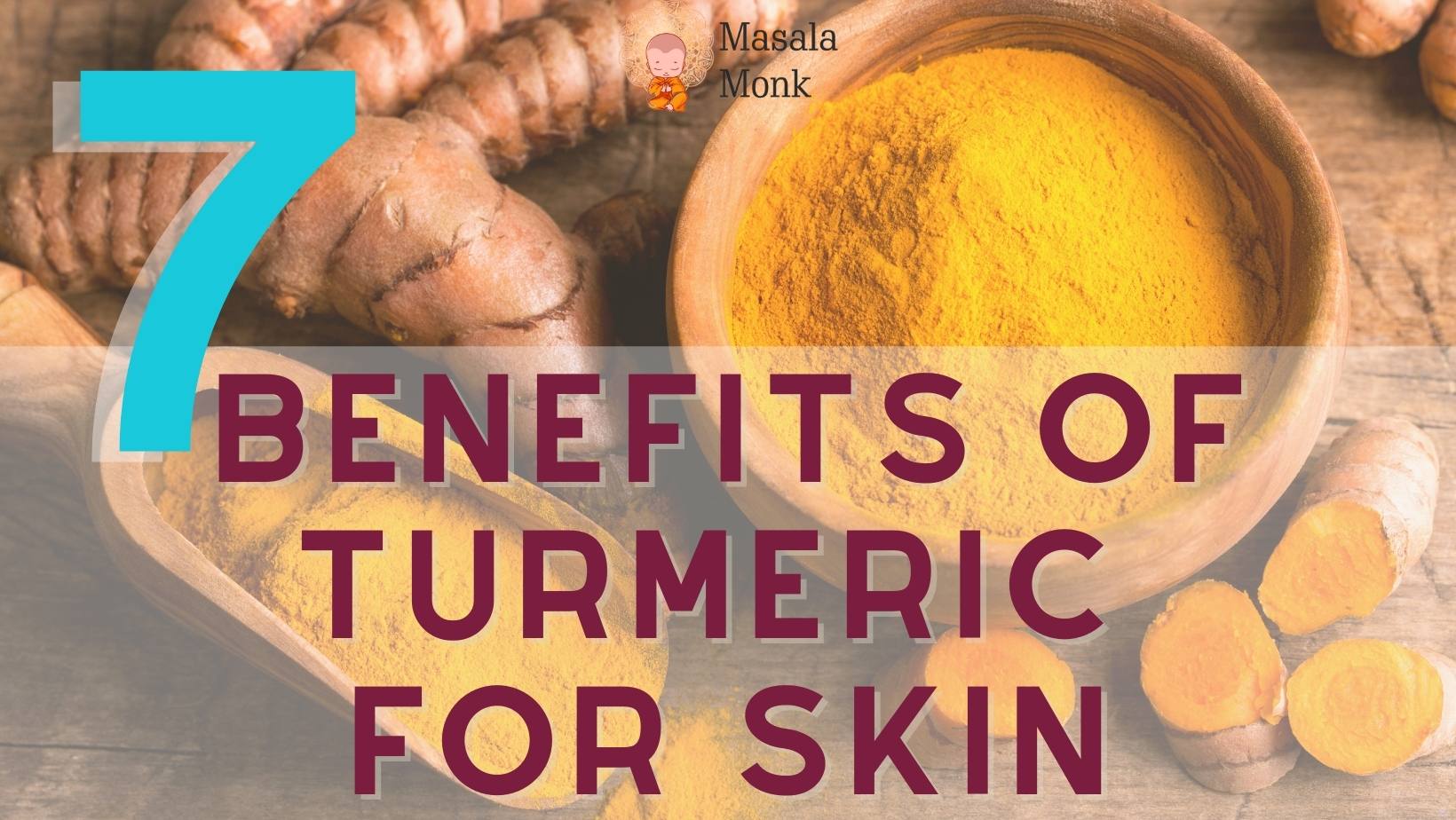
Introduction
Golden and earthy, turmeric isn’t just a staple in your spice rack – it’s a powerhouse of health benefits. Let’s uncover the seven surprising ways turmeric can boost your health.
1. A Warrior Against Inflammation
Turmeric’s active ingredient, curcumin, is a natural anti-inflammatory. It’s a game-changer for managing conditions like arthritis and ulcerative colitis, keeping inflammation in check.
2. Memory Booster
Forget the forgetfulness! Studies suggest that turmeric improves memory in adults and might even ward off Alzheimer’s. Who knew a spice could sharpen your brain?
3. Natural Pain Reliever
Bid farewell to aches and pains. Turmeric has been used for centuries in traditional medicine to soothe osteoarthritis pain. Science backs its pain-relieving prowess.
4. Antioxidant Powerhouse
Turmeric neutralizes harmful free radicals, thanks to its antioxidant properties. It’s like an internal detox for your cells.
5. Heart Health Hero
Lower your risk of heart disease with a sprinkle of turmeric. It helps reverse heart disease processes and may reduce the risk of heart attacks, especially post-surgery.
6. Mood Enhancer
Feeling blue? Turmeric could be your natural antidepressant. It boosts brain chemicals like serotonin and dopamine, lifting your mood.
7. Cancer Fighter
Emerging research suggests that turmeric can slow down cancer cell growth, especially in colorectal cancer. It’s a spice with a potentially life-saving twist.
Conclusion
Turmeric is more than just a culinary delight; it’s a treasure trove of health benefits. From soothing pain to protecting your heart, this golden spice is a natural wonder. Time to spice up your health game with turmeric!
Join the Conversation
Have you experienced turmeric’s health benefits firsthand? Share your stories in the comments below!
Frequently Asked Questions About Turmeric
Here are some commonly asked questions about turmeric and its benefits:
1. Can turmeric help with inflammation and pain?
Turmeric is known for its potent anti-inflammatory properties, thanks to its active ingredient, curcumin. It can help reduce inflammation in the body, providing relief from conditions like arthritis and inflammatory bowel disease. Some studies have even shown that curcumin can be as effective as some anti-inflammatory drugs, without the side effects.
2. How does turmeric benefit brain health?
Curcumin, the active ingredient in turmeric, may boost levels of the brain hormone BDNF, which can stimulate the growth of new neurons and fight various degenerative processes in the brain. This makes turmeric a potential ally in preventing and treating neurodegenerative conditions, including Alzheimer’s disease and depression.
3. Can turmeric improve heart health?
Yes, curcumin has been shown to benefit heart health in several ways. It can improve the function of the endothelium (the lining of the blood vessels), which is crucial for heart health. It also has anti-inflammatory and antioxidant benefits, which can protect the heart from disease.
4. Is turmeric beneficial for skin health?
Turmeric isn’t just beneficial when consumed. It can also be used topically to improve skin health. Thanks to its anti-inflammatory and antibacterial properties, it can help soothe skin irritation, reduce acne, and even out skin tone.
5. Can turmeric help with anxiety?
Curcumin’s impact on brain health extends to its potential to reduce symptoms of anxiety. Studies suggest that it may help reduce anxiety by boosting DHA in the brain and lowering inflammation and oxidative stress.
6. Can turmeric prevent or treat cancer?
While more research is needed, some studies suggest that curcumin may help prevent and even treat cancer. It can reduce angiogenesis (growth of new blood vessels in tumors), metastasis (spread of cancer), and contribute to the death of cancerous cells.
7. Is it safe to take turmeric supplements?
While turmeric is generally safe for most people, it’s always a good idea to talk to your healthcare provider before starting any new supplement regimen, especially if you have a pre-existing condition or are taking other medications. Some studies suggest that more curcumin is not necessarily better, and too much can be risky.
8. Can turmeric be used in cooking?
Absolutely! Turmeric is a common ingredient in many dishes, especially in Indian cuisine. It adds a distinctive flavor and color to dishes. Plus, when you cook with turmeric, you get to enjoy all its health benefits.
9. Are there any side effects of consuming turmeric?
Turmeric is generally safe for most people when consumed in moderation. However, high doses or long-term use of turmeric may cause gastrointestinal problems. It’s always a good idea to talk to your healthcare provider before starting any new supplement regimen.
10. Can turmeric interact with medications?
Turmeric can interact with certain medications, such as blood thinners and diabetes drugs. If you’re taking any medication, it’s important to discuss with your healthcare provider before starting any supplement regimen with turmeric.
Conclusion
Turmeric, with its active ingredient curcumin, offers a range of health benefits, from reducing inflammation to potentially preventing cancer. Incorporating this golden spice into your diet or skincare routine could be a step towards better health.
Remember, while turmeric is generally safe for most people, it’s always a good idea to talk to your healthcare provider before starting any new supplement regimen, especially if you have a pre-existing condition or are taking other medications.
Blog Tags: Turmeric, Curcumin, Health Benefits, Anti-Inflammatory, Antioxidant, Brain Health, Heart Health, Cancer Prevention, Skin Health, Anxiety.
For 8 Benefits of Black Pepper for Weight Loss, click here
Read 7 Benefits of Mustard Oil, click here
7 Secrets Benefits of Eating Cardamom, click here
For videos related to Health and Wellness, Subscribe to our YouTube Channel:
Masala Monk – The Gourmet Store
Also, please do have a look at our collection products prepared using Turmeric:
Galgal-Gur Pickle (Khatte ka achaar)
Rhododendron Chutney (Buransh)
Gur Mirch Pickle-Sweetness for the Bravehearts
Aam Gunde ka Achar/Marwari Kairi Lehsua Pickle
StreetStyle Lemon Pickle – Neembu ka Khatta Achar
Teet/Kair Pickle
Athana Mirchi Pickle
Lesua or Gunda Pickle Marwari Style Homemade Gum Berry pickle
Khajur Or Dates Pickle – Sweet & Sour
Amla Pickle-Homemade Indian Gooseberry Pickle
Idli Podi/ Milagai Podi – Homemade Spices and Sesame Podi
Adrak ka Achar
Pachranga Pickle
Hardback Mango Pickle
Street style Bareback Mango Pickle
Himalayan Garlic Pickle
Amla ki Khatti Meethi Launji
Chicken Pickle – 100% Himalayan
Kadaknath Pickle (Wild Black Chicken Pickle)
Chicken Pickle – Bone Variant












